How science competions have helped students discover a rewarding career
Not everyone has the natural aptitude for scientific work, and among those that do, not everyone discovers it or chooses such a career.

Not everyone has the natural aptitude for scientific work, and among those that do, not everyone discovers it or chooses such a career.
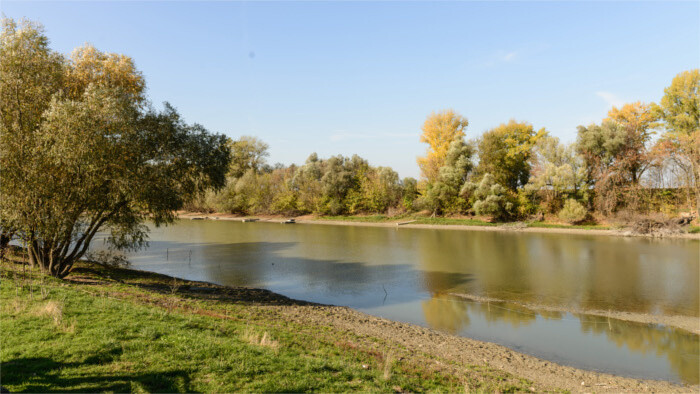
The Danube is the second largest river in Europe and flows through central and southeastern Europe, from the Black Forest into the Black Sea.
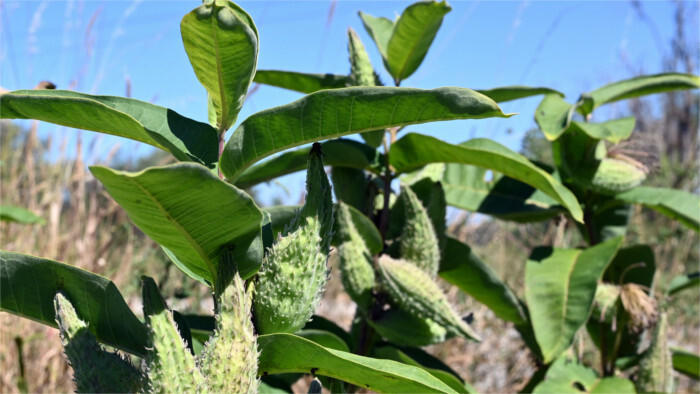
Since the beginning of time species, be it plants or animals, were moving from one place to another in order to survive and spread their offspring in new territories. With modern humans, however, this movement has reached an unprecedented speed and scale.
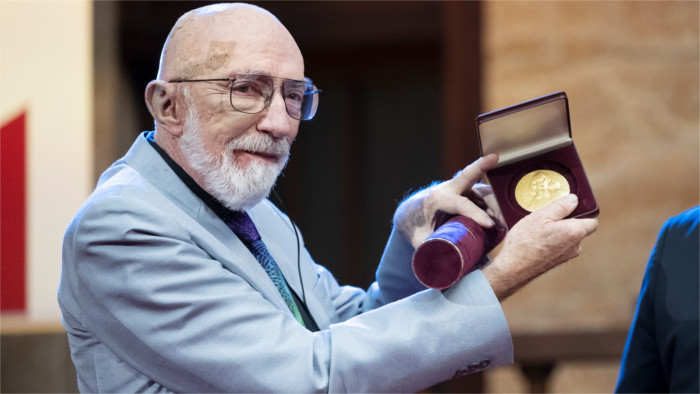
Why would a world-renowned physicist and Nobel laureate choose to give his time to helping with a relatively unknown science award in a small country like Slovakia? Jonathan asks Professor Kip Thorne, in Bratislava in October to chair the 2021 Eset Science Award, just this question.

Today Ján Mašek does highly sophisticated numerical weather modelling at the hydrometeorological institute in Prague, but he first learned the skills needed to embark on this career during his secondar ...
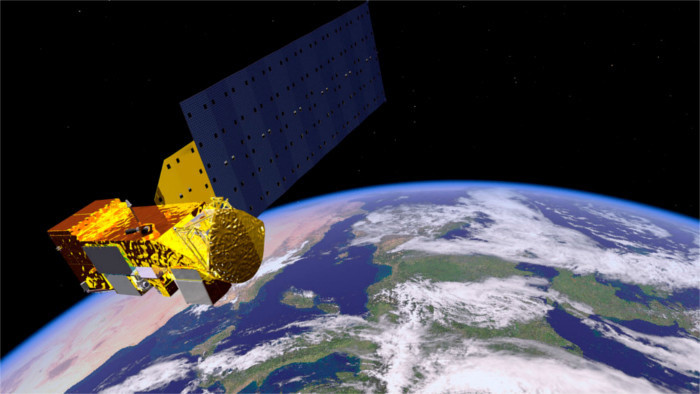
For decades, astronomers wanting to use their high-powered telescopes to peer up into the night sky have had to deal with the problem of so-called ‘light pollution’, mainly from artificial city lights getting in the way of their observations.
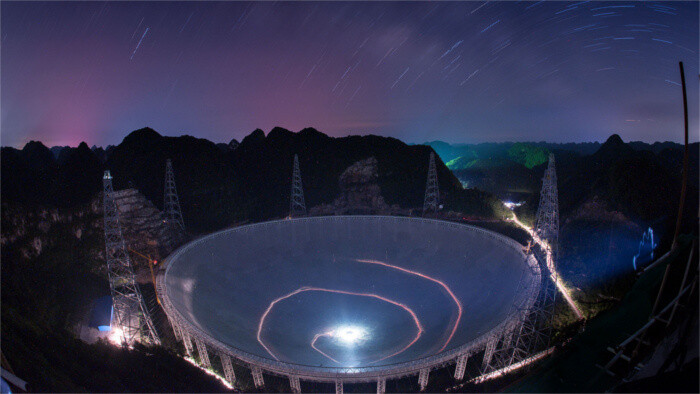
Is there intelligent life to be found on any other planet but our own, anywhere else in the universe? Within the past century or so this question has been the focus of much scientific research and has cost government treasuries a lot of money.

The reason for the low vaccination rate among Slovaks is their heightened fear of vaccines and a feeling of helplessness in terms of assessing their safety.

The discovery that some of the moons of the larger planets in our solar system have liquid water under the surface, and hence the potential to support life, came as a big surpise to scientists, as thes ...

The problem of “filter bubbles” – a phenomenon caused by social network AI algorithms recommending to their users only the kind of content they will like or agree with – has been well documented in th ...